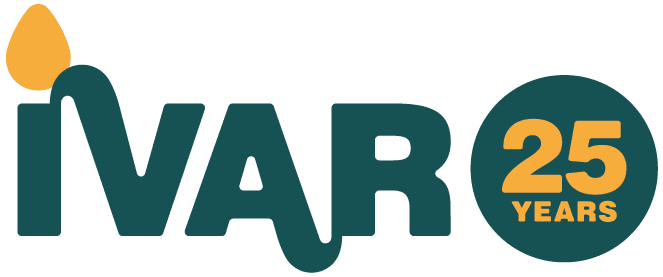Introduction
This blog is for charities thinking about grant reporting. In it, we pull together key messages from our work on reporting – in the hope it supports charities to establish clear expectations with funders, and to have conversations that lead to more reciprocal and mutually beneficial reporting arrangements.
At IVAR, we work at the interface between charities and funders. We understand that charities may have multiple funders with different reporting requirements and timelines. Through the peer support sessions we run with charity leaders, we continue to hear how this can be both resource-intensive and stressful: ‘I feel like an octopus with a tiny body, trying to manage all these requirements without long enough arms’.
At the same time, funders in our Open and Trusting Grant-making community tell us that they share charities’ exasperation that reporting often sucks energy and value from the system, rather than making a positive contribution to everyone’s efforts to reflect, learn and do better. However, although it is funders who dictate the terms of engagement – charities have a vital role to play in making the case for change.
Improving reporting – five questions to ask
In 2018 we set out ‘New principles for grant reporting’ with changes that funders could make to improve reporting processes for both themselves and charities. We’ve reframed these principles below as a set of five questions that charities can pose to their funders. By asking them, charities can help to improve their own experiences by influencing funder practice.
1. Do you feel clear about why the grant has been awarded? And how it fits in with your funder’s wider interests/strategy?
Ask the funder to provide a short explanation of why they have made the grant – this could be in the grant offer letter, or during a call/inception meeting. Hearing a funder’s reasons for making the grant and the aspects of the project or your work they are most interested in can help to focus your reporting – particularly if you can see how your work fits into their wider objectives:
2. Are you clear about what type of relationship you will have with your funder?
At the beginning of a grant, establish the frequency, type (e.g. reports, calls, meetings, emails), and depth of communication that would work for both funder and charity. This is an opportunity to understand the kind of relationship you can expect to have with your funder.
3. Are you clear about what grant reporting will look like? Have you confirmed whether the funder requires bespoke reporting?
Discuss with your funder which aspects of reporting are non-negotiable and what’s up for grabs. A form may be mandatory, for example, but you may be able to negotiate the timetable to fit with the dates of a project’s milestones or the timing of other funding reports. It’s also worth asking your funder if you can share information from existing reports, rather than writing something bespoke.
4. Do you have a sense of how information you provide will be used?
If not, ask! It may be that you are already producing reports for other funders that will also meet the needs of this funder. Alternatively, a funder may prefer that the time spent on reporting should instead be used on a conversation about your work.
5. Does your funder give feedback on the grant reporting that they receive, including their thoughts on progress of the work? Can you give them feedback on the reporting process and how it could be improved?
Once you have submitted your report and the funder has had time to review it, follow up with an email or phone call to request feedback. This is an opportunity to reflect on the success of a project and learn from any challenges that you and your funder(s) encountered.
In recent years we have seen changes in the sector with more funders committing to lighter touch and more agile reporting processes.
While this shift began before 2020, the pandemic catalysed and accelerated the move towards more open and trusting practices. Charities can help to cement this progress by being prepared for reporting, asking questions of their funders, and suggesting workable alternatives to onerous demands on their precious time.




